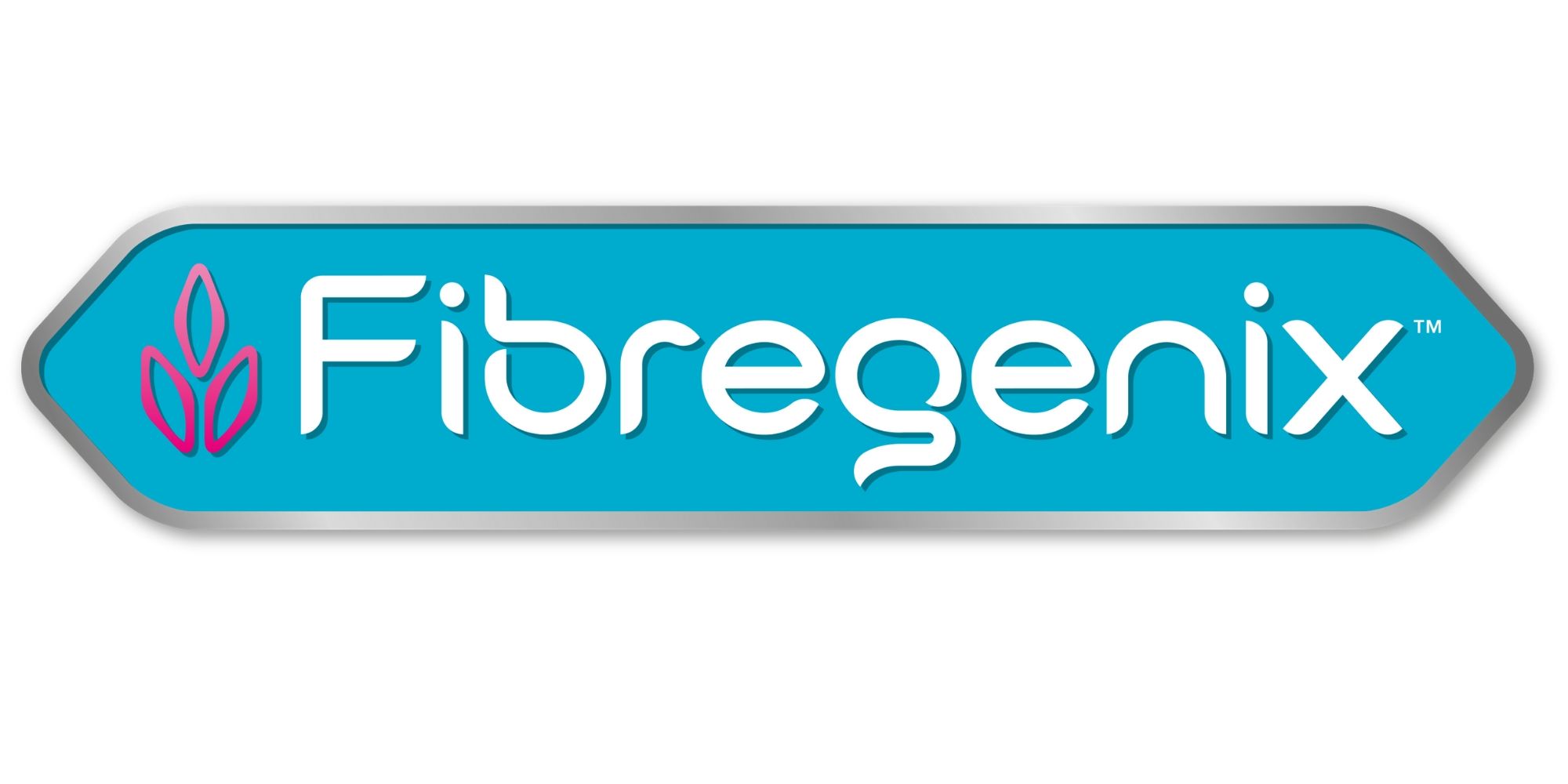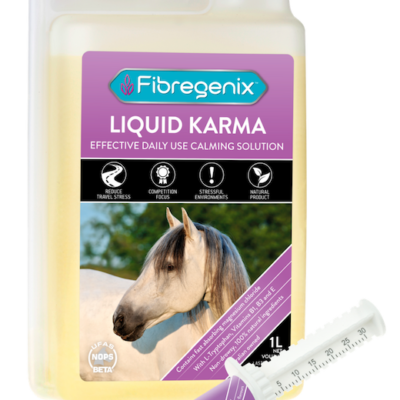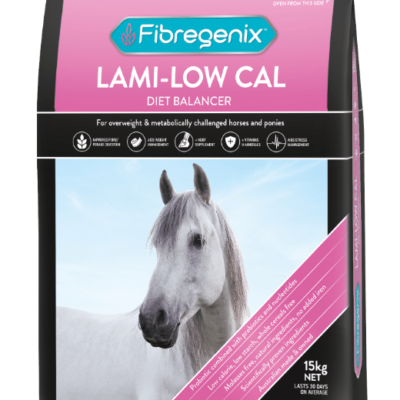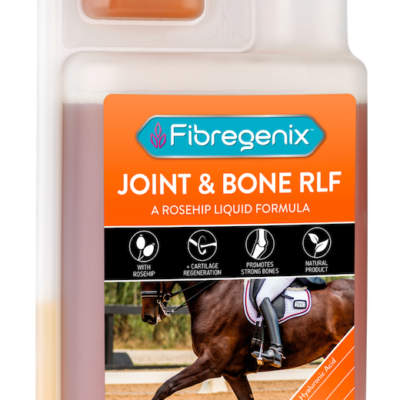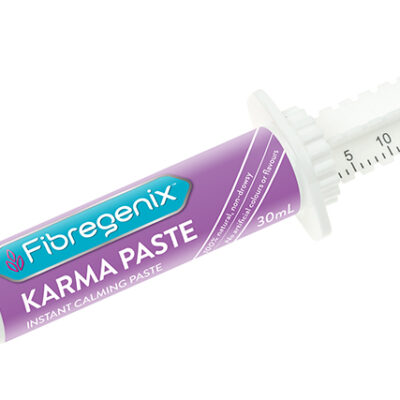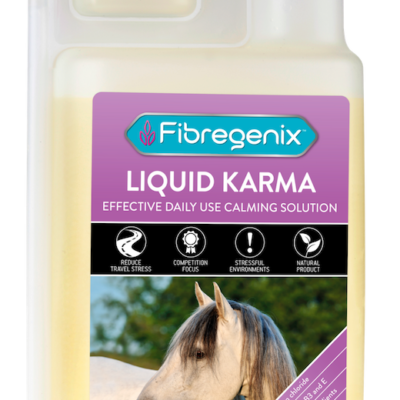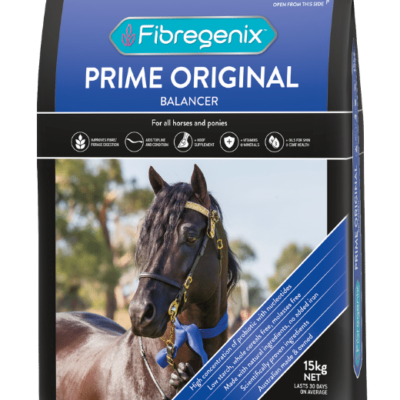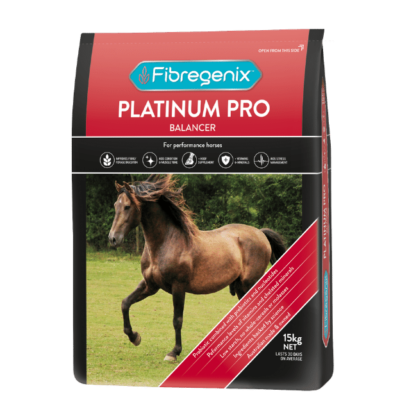 A horse who is underweight is basically not receiving enough calories from his diet to meet his requirements for work and body maintenance. This could be a case of simply not feeding enough or of not using a feed with a high enough calorie/Digestible Energy (DE) content. Weight loss can be caused by a number of other different factors, for example, problems with teeth and poor worming regimes may cause weight loss, regardless of what or how much you are feeding.
A horse who is underweight is basically not receiving enough calories from his diet to meet his requirements for work and body maintenance. This could be a case of simply not feeding enough or of not using a feed with a high enough calorie/Digestible Energy (DE) content. Weight loss can be caused by a number of other different factors, for example, problems with teeth and poor worming regimes may cause weight loss, regardless of what or how much you are feeding.
Equally a stressful environment, injury, a horse’s age or extreme heat/cold weather can have an effect. All these aspects of your horse’s management regime should be considered and addressed, where necessary, as changing the diet alone may not provide the solution if the horse is still suffering other problems.
In the wild, horses will use winter to lose some weight in preparation for the inevitable weight gain which occurs in the warmer months when pasture is more available- this is a survival tool which horses today still possess. In most cases, horses will put back on any weight lost over winter naturally with increased time in the paddock and access to spring grass, although some horses can need a helping hand.
Weight gain should be a gradual process and improving your horse’s condition isn’t just about pumping him full of food which may speed up the process but isn’t going to be good for your horse’s health in the long run. Horses are routine animals and their digestive system isn’t suited to rapid changes.
Very often, a look at what you are feeding now will reveal a shortfall, either because your horse is not getting enough feed or because the feed isn’t suitable for the job in hand. In order to increase your horse’s condition, you need to increase the number of calories he consumes, not necessarily the amount he is eating.
And it’s not just the calorie content and digestibility of the feed that counts. Other nutrients like protein, oil, vitamins and minerals, all contribute to the development of the top line, muscle tone and coat shine that go with outstanding condition. The skill lies in selecting ingredients that supply these in the most useful and available form so the horse gains maximum benefit from each mouthful. It is not just a numbers game and high levels of a nutrient, vitamin or mineral are not always the answer, particularly if they are provided in a form that the horse cannot effectively absorb and utilise.
Fats and oils are slow-release energy sources and unlike high starch feeds won’t rapidly increase your horse’s blood sugar levels which can lead to fizzy behaviour. Oils contain 2.25 times the amount of energy (calories) than carbohydrates and can be a great way to increase your horse’s calorie intake without increasing his feed intake.
Feeding a high-quality feed balancer such as Fibregenix that contains the recommended amount of probiotic will help to increase the digestibility of your horse’s fibre which can enable him to get twice as many calories out of the same amount of feed, essentially increasing calorie intake without increasing the amount you are feeding. The superior form of Actisaf live yeast Probiotic in Fibregenix Prime Original and Fibregenix Platinum Pro can also help to support gut health allowing your horses to maximize yield and efficiently absorb nutrients essential for optimal health.
Feeding a fully balanced diet all year round through work, rest or recuperation, will help your horse maintain internal nutrient reserves (not just fat), avoid huge fluctuations in condition and be a credit to you wherever you go.
WHY NOT JUST MORE FIBRE?
If your horse is given ad lib forage, he should be getting all the fibre he needs to keep his digestive system healthy and his mind happy. Complementing this with a comparatively small volume of a Fibregenix balancer is the most effective way to promote weight gain and will suit even the most highly strung of horses.
It’s important to be patient when it comes to increasing your horse’s condition, but when feeding a Fibregenix feed balancer you can expect to see a change within 3 weeks, with many of our customers noticing an improvement in as little as a week to 10 days, but certainly, before you finish your first bag. Additionally, investing in a quality balancer such as Fibregenix will help reduce your overall feed bill in the long run.
